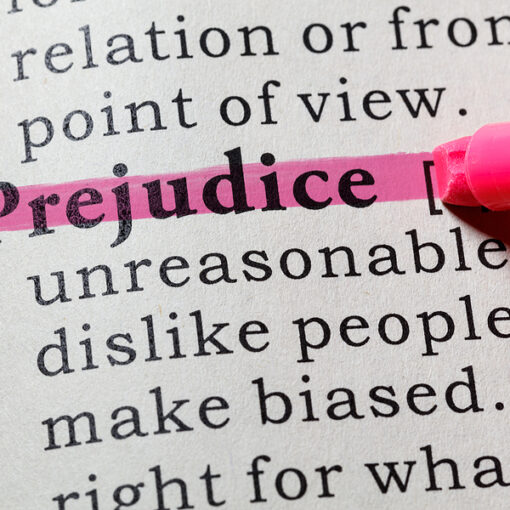What is the PRO Act ABC Test?
Most freelancers are not against the PRO Act per se, just the ABC test itself (specifically the B prong: “The worker performs work that is outside the usual course of the hiring entity’s business”). ABC is a three-part rule to determine someone’s status as either an employee or an independent contractor,
I’m all for letting independent contractors unionize if they wish to (e.g., Lyft and Uber drivers and others taken advantage of by their employers), but California passed a similar act referred to as AB5 law with disastrous results: it put most freelancers out of work and created a multitude of lawsuits. Businesses will not take the chance of hiring freelancers and accidentally not adhering to the letter of the law because they will be monetarily penalized. 
Why Not the Existing IRS Test?
Freelancers are trying to raise awareness that the existing IRS Test is a much better indicator of who is a worker versus an independent contractor. Experts in tax law, as well as labor law attorneys representing both employers and employees, have said this legislation (the PRO Act) will potentially clash with existing laws in many ways. California has already put “exemptions” in place and many more are in the pipeline. My question is: why can’t federal legislators take California’s AB5 law and its results as an example of what will probably happen if the PRO Act is passed with the existing ABC Test?
ABC Test is the Model for Future Legislation
Leaving aside the pros and cons of the unionizing aspects of this labor law bill, we know that the ABC test in it—which is not yet part of federal law—is the model for the definition in future legislation that will affect employment law and tax law as to who is an independent contractor and who is an employee.
Professions, Trades and Industries Are All Affected
Freelancers or independent contractors (also called gig workers in some fields) include not just the business and marketing fields, but traveling doctors, nurses, anesthesiologists, teachers, lawyers and musicians working under independent contracts. Potentially hundreds of different professions, trades and industries are adversely impacted by the sudden reclassification of independent contractors to employees in California. It also includes such diverse fields as editors and proofreaders, court reporters, event planners, golf caddies, youth orchestras, translators (language as well as for the hearing impaired), opera singers, graphic designers, real estate appraisers, indie filmmakers, etc., etc., etc. And also because of health or age, or caring for a young child or a parent. When my law firm closed, I had aged out of the job market, so I put my skills to use in a special niche as a freelancer.
Why would legislators want the same thing that happened in California to happen nationally?




